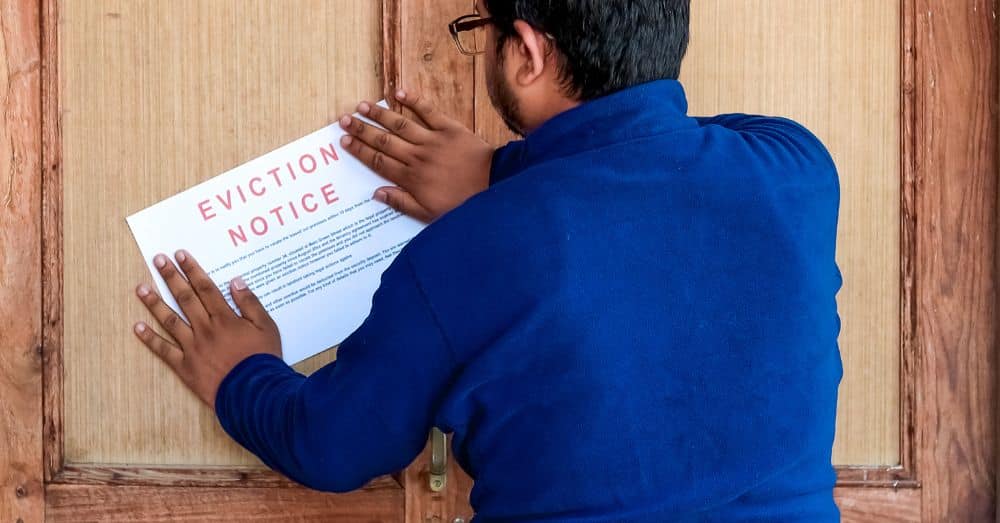As Public Service officials have scrambled to protect those most affected by the Pandemic from the bulging backlog of foreclosures and rental evictions – and have continued to extend those eviction moratorium deadlines – it is necessary to consider the limits to which Bankruptcy will be able to offer protection when those extensions end. Those limits can be significant and severe.
Here in New Jersey, the eviction moratorium is now extended to January.
However, that does not prevent a landlord from seeking relief in the Court up to the point of eviction, and it does not stop a mortgage company from foreclosure proceedings. Even more important now- the hold on Sheriff’s Sales has been lifted in New Jersey. As of 8/1/21, sheriff sales could proceed on commercial, vacant and abandoned properties, and as of 9/1/21, all properties may proceed to Sheriff’s Sales. All the moratorium provides is a prohibition on being thrown out. One’s legal rights to stay will effectively be over and Bankruptcy will be of little impact except to protect from the financial claim for repayment.
Chapter 13 of the United States Bankruptcy Code can be very effective at permitting tenants in arrears to stay in their rentals or providing a cure (of up to 5 years) for homeowners to bring their mortgage arrears current and prevent or stop a foreclosure. However, in order to qualify for this relief, the process cannot get too far.
Tenancy: To prevent an eviction in Chapter 13, there can be no Judgment of Possession issued by the Court. Once that Judgment is issued, the Bankruptcy Code requires the delinquent rent to be posted which is often a near-impossible burden. (11 U.S.C. § 362 (b)(22)). Once the Warrant of Possession is issued, there is little that can be done to prevent the eviction.
Foreclosure: A Chapter 13 “cure and maintain” plan under 11 U.S.C. § 1322 (b)(5) is a terrific provision that saves the homes of countless tens of thousands of Americans every year. It offers up to five (5) years to bring a mortgage current in most circumstances assuming the individual can resume regular timely mortgage payments.
Entitlement to this relief however stops at Sheriff’s Sale. Once the gavel of the Sheriff’s Sale is done, the homeowner no longer has the title and has no mortgage to cure. While there is a redemption provision for payment of the full mortgage balance, that is near impossible for most homeowners.
Therefore, while the moratorium extension is no doubt well-intentioned – it will not prevent the day of reckoning once it expires. Regrettably, those who wait for that date may well find their remedies under the U.S. Bankruptcy Code have been already extinguished many months before.




